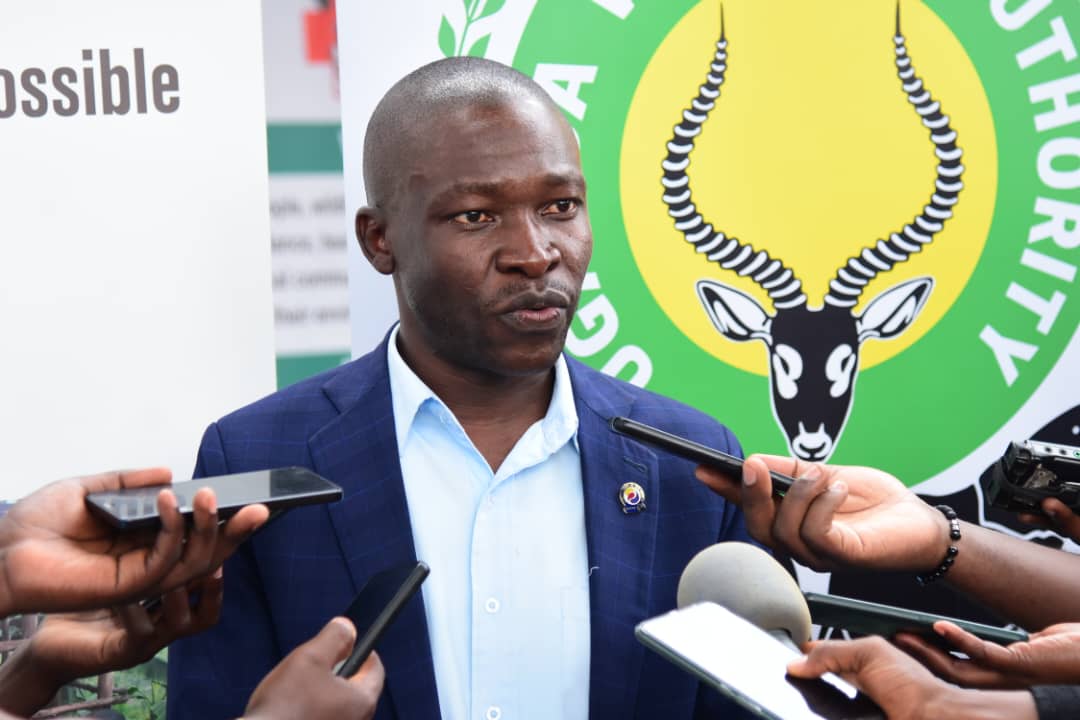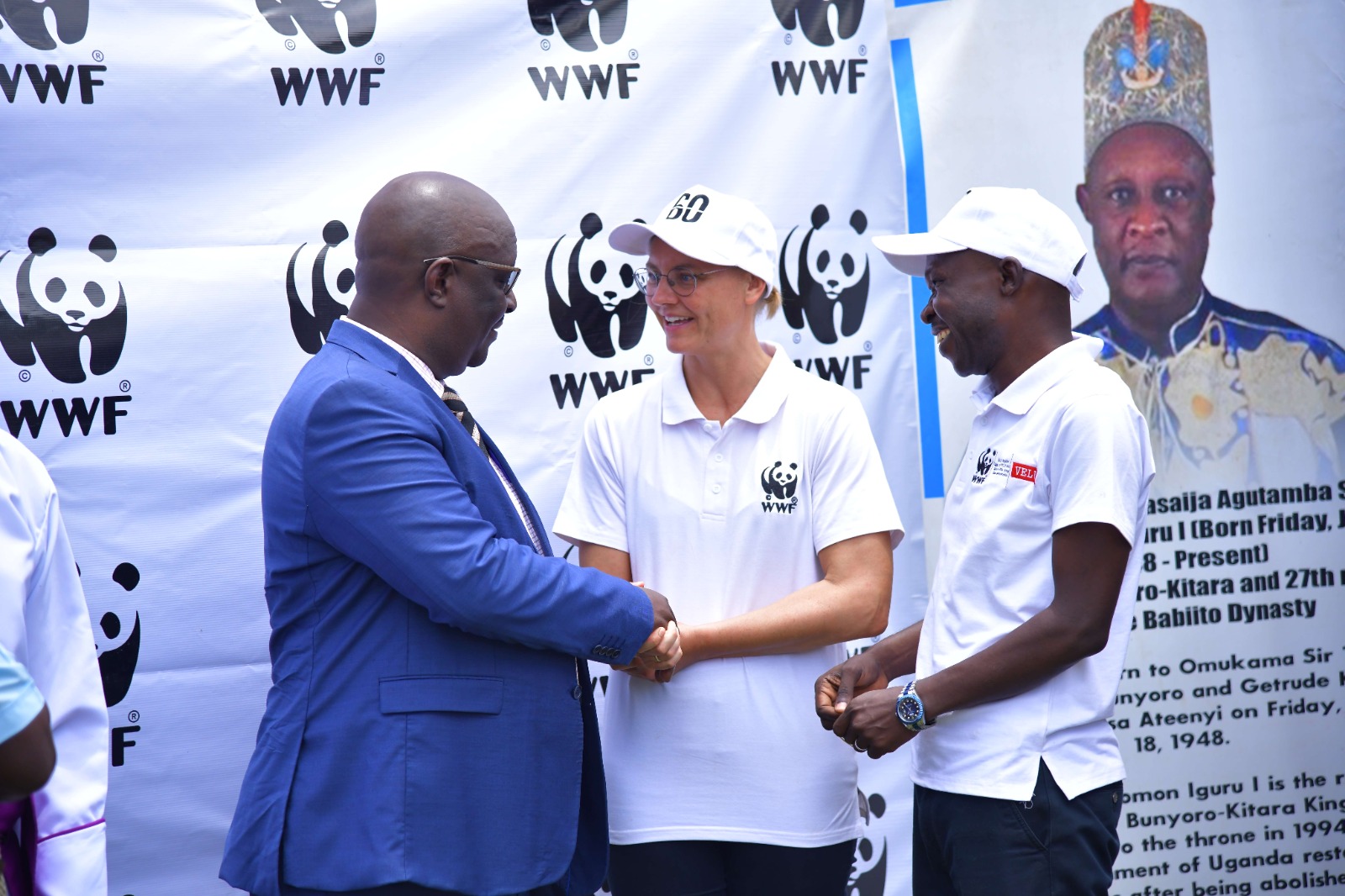
KAGADI, Uganda – WWF Uganda is intensifying its call for biodiversity conservation, strongly emphasizing the critical role of local communities in safeguarding their natural environments. The organization is actively advocating for the seamless integration of indigenous knowledge and grassroots initiatives into national conservation strategies.
This urgent appeal arrives as the world confronts accelerating environmental changes and a stark global decline in wildlife. According to WWF’s Living Planet Report, global wildlife populations have plummeted by 73% since 1970.1 On Thursday, May 22, 2025, WWF Uganda urged “urgent collective action” to confront what it termed the “dual crises of climate change and biodiversity loss,” warning that the planet is nearing a critical “tipping point.”
Recognizing the “invaluable role of local communities,” WWF Uganda is urging all stakeholders to champion indigenous knowledge, bolster grassroots advocacy and ensure robust policy support for sustainable conservation outcomes. The organization is actively encouraging individuals, institutions and policymakers to unite in efforts to protect and restore nature. This engagement includes active participation in Forest Landscape Restoration initiatives, particularly within areas like the Bugoma-Kagombe Landscape. Here, WWF Uganda collaborates closely with the National Forestry Authority and local partners to rehabilitate the degraded Kagombe Central Forest Reserve and its surrounding areas.

Beyond localized action, WWF Uganda also underscored the profound interconnectedness between climate change and biodiversity loss. It highlighted the imperative to address these challenges holistically by significantly reducing greenhouse gas emissions and continually evaluating biodiversity trends, aligning with the Kunming-Montreal Biodiversity Framework. As part of this commitment, WWF Uganda is conducting a baseline biodiversity inventory and an above-ground biomass assessment in the Bugoma-Kagombe Landscape alongside the National Forestry Authority. These crucial efforts aim to generate scientific insights into the forests’ carbon potential and meticulously identify existing biodiversity, thereby guiding more effective conservation strategies.
“Understanding what biodiversity exists in our landscapes is a critical first step toward protecting it,” said Phillip Kihumuro, Project Manager for WWF Uganda. “Through this inventory, we are generating scientific evidence to guide targeted conservation actions and ensure that Uganda’s natural heritage continues to benefit people, wildlife, and the planet.”
WWF Uganda noted that many conservation achievements are realized through robust partnerships, citing the VELUX-WWF global collaboration. This partnership exemplifies effective teamwork, engaging both state actors, such as the National Forestry Authority, and non-state actors, including the Kitara Civil Society Organisations Network, to deliver tangible, impactful results on the ground.











